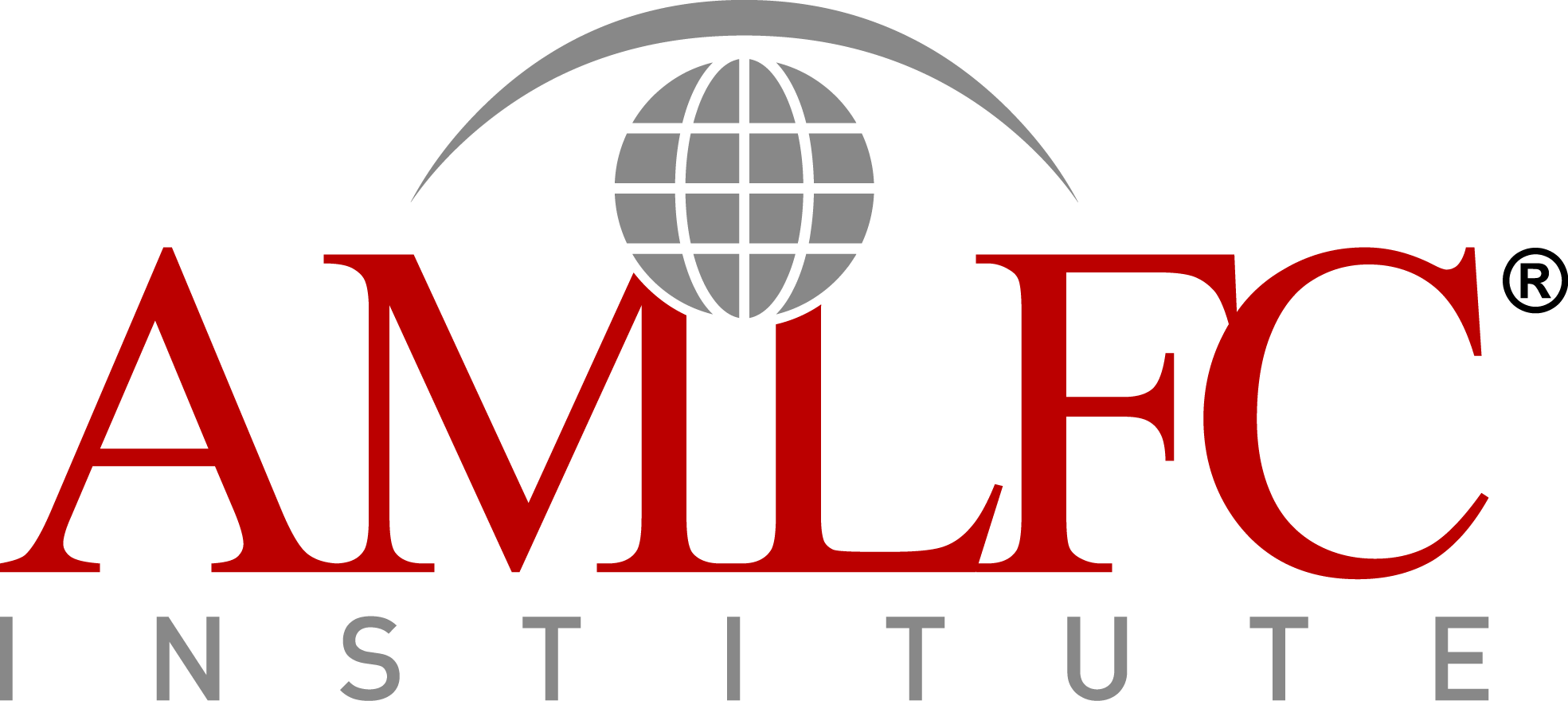This certification course includes:
- What is Fraud?
- Fraud Impact
- Fraud Enablers & Red Flags
- Fraud Typologies & Methodologies – Part 1
- Fraud Typologies & Methodologies – Part 2
- Proceeds of Fraud & Money Laundering
- Corporate Structures for Fraud
- Bribery & Corruption
- Cybersecurity, Artificial Intelligence (AI) & Data Breaches
- Fraud Partnerships
- Fraud Investigation Model (FIM)
- Fraud Risk Governance and Internal Control
- Fraud Risk Assessments
- Fraud Control, Risk Management & Monitoring
- Fraud Case study
Learning Objectives:
- Learn the elements of a fraud risk management program including the establishment of fraud risk governance policies
- Discuss the steps involved in developing a fraud risk management program, as well as the program components necessary to fully manage the risk of fraud
- Review risk management frameworks established by COSO, ACFE, IIA and other relevant organizations
- Understand why organizations should manage fraud risk and assign roles and responsibilities for elements of the program
- Identify red flags related to a variety of occupational fraud schemes
- Learn tools and techniques to detect and investigate instances of fraud
- Identify, assess and manage fraud risks from all sources and support fraud risk management initiatives by establishing an anti-fraud culture and promoting fraud awareness throughout the organization
- Identify the elements of a strong ethics & compliance program
- Study case studies to support fraud risk management theory and practice
- Conduct group exercises to support the learnings
Prerequisites:
To qualify for admission to this AML/CFT/FCP Certification Program sequence of courses, in addition to a high school diploma and/or have entry-level qualifications to a college/university a student must qualify via at least one of the following:
- Be enrolled at a University Partner’s institution;
- Be admitted at any University Partner’s institution;
- Have obtained at least an Associate Degree from another accredited institution; or
- Have accumulated five (5) years of experience working for a regulated entity under AML/CFT/CFP/FCP, a regulator, an enforcement agency or government, and possess at least a high school diploma.
Program Level: Beginners/Intermediate
Instructional Delivery Method: Group Live or Group Internet Based
CPE Credit: 40
Refund Policy Click Here
Cancellation Policy Click Here
Complaint Resolution Policy Click Here
